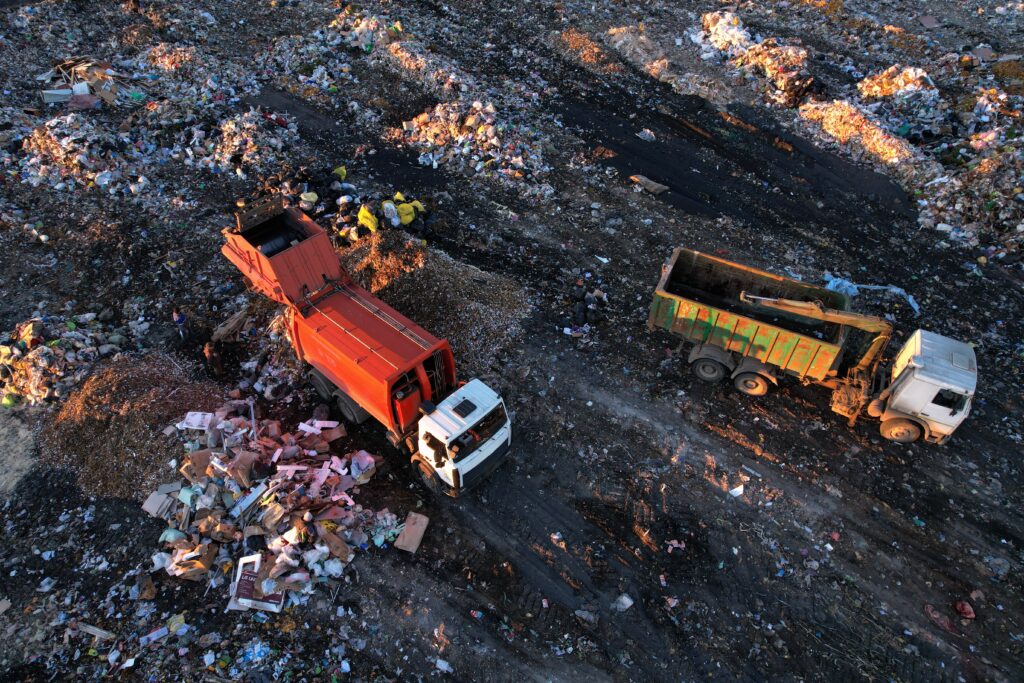The European Landfill Directive introduced a ban on sending whole tyres to landfill in July 2003, and will ban the landfilling of tyres outright in July 2006.
The Industrial Tyre Association (ITA) and the Fork Lift Truck Association (FLTA) have said that the schedule for phasing out landfill for whole tyres is “unrealistic and potentially highly damaging to industry”.
FTLA chairman Brian Warbrick said that industrial users of tyres will be particularly badly hit by the landfill ban, because they tend to use solid tyres, particularly on fork lift trucks.
Mr Warbrick said: “The main thrust of the EU Landfill Directive is aimed at the majority replacement passenger car and commercial vehicle market. Solid industrial tyres, although critical to our industry, represent only 1% of the overall tonnage in the disposal market. There are no dedicated facilities available to recycle industrial tyres due to the high capital costs involved. Passenger car and truck tyres are easier to process and the high volumes justify the investment.”
Costs
Phil Perry of the ITA said that more than 5,000 tonnes of solid tyres are in use in the UK at any given time, and about 2,270 tonnes are discarded each year. Because of a lack of investment from waste management companies, the ITA believes costs of disposal for industrial tyres could increase “out of all proportion”.
Mr Perry said: “The UK's waste management companies have not invested in the equipment needed to shred solid tyres at this time. The majority of landfill sites are now closed to whole tyres. Over the next few months, companies will be able to use the remaining sites – at greater cost. After that, no practical means of legal disposal is currently in sight.”
ITA met with the DTI and the Environment Agency officials to request a delay on the sector's immediate ban shredding whole tyres prior to landfill. However, because of the nature of the Directive, there was nothing either body could do.
“Both organisations were sympathetic to our predicament, but the directive remains inflexible. Basically, it sets out firm dates with no regard to whether meeting them is practically and economically possible,” Mr Perry explained.
Illegal route
The legal responsibility for disposing of tyres has fallen on users, manufacturers and dealers. But the new regulations could well tempt those bearing the brunt of the financial responsibility to take the cheap, illegal route of disposal, Mr Perry warned.
He said: “If large numbers of people are tempted to take cheap, illegal routes (for disposal), the problem could be driven underground and become unmanageable. The result will be that the legislation could fail to bring about the very environmental improvement for which it was enacted.”
He added: “This is a crisis that affects all of us, and we must all share some of the cost.”







Subscribe for free